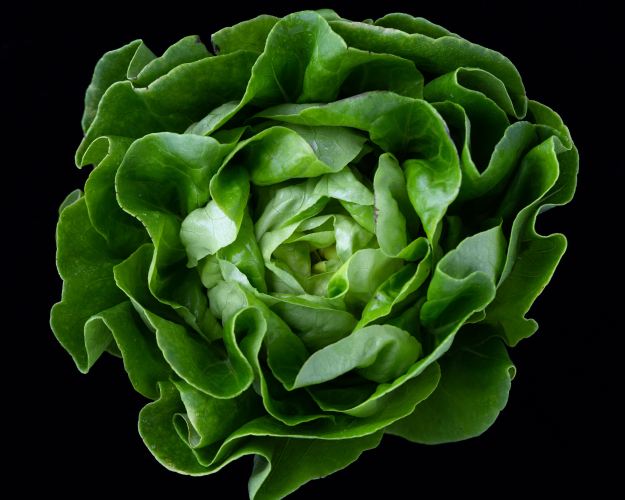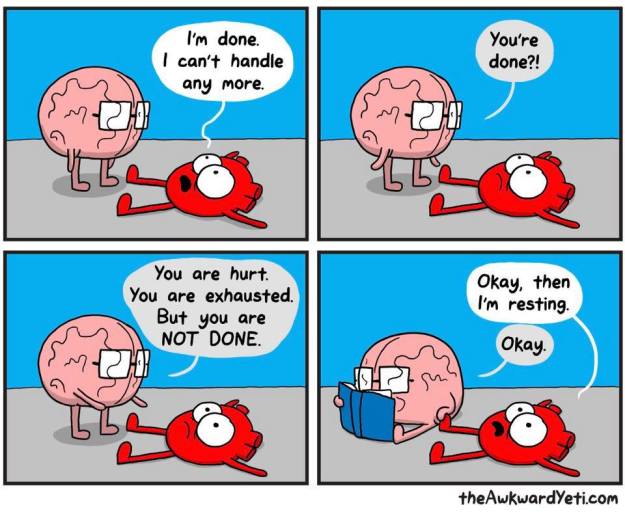I am quite diligent and persistent at checking my Facebook Memories. Partly because I want to see if there is anything embarrassing or inappropriate that needs to be deleted, and partly to actually see and remember events from the past. Sometimes they are good memories. Sometimes they are bad memories. Sometimes they are bittersweet memories. In any case, what sort of feelings they provoke is never a cause for deletion.
One of the memories that popped up today in my memories feed was a stack of Hebrew vocabulary cards that I was reviewing in preparation for Hebrew 3 for that upcoming semester. I remembered how much I loved learning the Biblical languages. I remembered how I couldn’t wait to go to Hebrew class and spend an hour analyzing the text and discussing its implications. I remembered the feeling of satisfaction after I finished a Greek exegetical paper, not just for having completed it, but for all the new knowledge and insight I gained as a result of the process. I remember feeling excited learning I had an opportunity to make a career out of working with the Biblical languages. But I don’t actually feel any of these emotions. I just remember that I felt them.
What I actually feel is nothing. I could feel angry, bitter, or resentful over the fact that I never got to take advantage of that career opportunity. I could feel grateful that I had the opportunity to learn those languages. But instead I feel nothing. No happiness. No sadness. No anger. Nothing. Just an unemotional mechanical remembrance that I did in fact make that post.
The human nervous system has been compared to an electrical system. When an electrical system is overwhelmed the circuit breaker shuts everything down. Likewise the human nervous system when it gets overwhelmed (e.g. with trauma) shuts down and you end up feeling numb or dead inside. If I am being honest I have felt numb and dead inside for quite a while despite my efforts to feel otherwise.
In an effort to remedy this numbness I joined a group that was reading through the Bible in the original languages in a year hoping that it would get me excited about languages again. But now 8 months in the excitement has not been regained. I also started programming regularly in hopes that consistent time and progress in that area would get me excited about it. But now 6 months or so into that and there is still no excitement for it.
If I continue to be honest I think the reason that I continue to feel numb is because I feel rejected. Not by God. But by the church. I have tried repeatedly to find a church around this area where I could find community, but so far have failed. Some have no small groups for a single man. Some have no small groups at all. Some are literally full of old people with literally no 20/30-somethings in the congregation. Some I just absolutely do not like the theology that is being preached from the pulpit and I could never be a member. Most do not seem to value the gifts that I bring, namely the intellectual ones that were part of the driving force behind me even going to seminary the first place. In short there just no longer seems to be a place for me in the churches around here and I feel that they have rejected me.
Really this feeling of being rejected by the church started back when I was still in Dallas. While I was there someone who was supposed to be mentoring me instead decided to betray me. Whenever we would come to something technical in a Sunday school lesson he was always quick to jump over it and not even give me a chance to give input on it and justify it by saying there was no interest in it. First, I think he was wrong about the lack of interest. Second, the technical things are the things that I am good at. I love technical things. I actually (did) enjoy doing exegeticals in the original languages. Eventually he would go on to say that I had no ministry potential whatsoever and that I should have never even gone to seminary in the first place.
The effect that this had on me was devastating. I don’t believe for a second that any of it is true, but the effect it had was very real. I had to leave a church that I had invested a considerable amount of time in since there was no way I could stay there after that. Eventually even going to church would prove to be a monumental task. The only reason I resumed going (somewhere else) was so that I could graduate.
As I think over what I have written here, maybe perhaps I have also rejected myself. So far my gifts and talents seem to have only served to touch on other people’s insecurities and caused them to lash out at me in some way. They haven’t gotten me a career or community either. They quite honestly seem to be good for nothing.
I think moving to a different area would be good and probably go a long way towards improving my emotional health, but COVID and my lack of finances are big hindrances to that at the moment.
If you are reading this and you are a praying person please pray for me in regards to my emotional health.







